THE KINGDOM : Writing Dahomey into the Future
Background on the inspiration behind my fantasy novel - Second Soil.
Is it lazy writing to just say that writing a book is…hard?
Between chapters, there are many moments of self-doubt - made worse by occasional bouts of confusion and a lack of focus. As a ‘passion’ project, it’s often hard to maintain momentum, particularly if like me - you struggle with long term goals, often in search of a shorter and considerably more thrilling work/reward cycle. Somehow, I’ve managed to make it to Chapter 13 of Second Soil (a name chosen in a hurry as I went to submit the first chapter to a few competitions). So far there have been but a few moments of tangibility and literary genius which I find are always overshadowed by the sheer hours spent editing and neatening. Still, despite the many complications involved in the process, looking back on the experience so far, I would do it all again…Perhaps faster and with more conviction, but again nonetheless. Throughout the book writing process one must continually remind oneself that in every sense they chose this, which means that for me failing to finish would inevitably become a sore spot of regret throughout my lifetime. Aside from this, one of my key motivators relies on the fact that for the most part, my genre is largely underrepresented in the literary sphere. In recent years we’ve seen afro-centric fantasy fiction carve out more and more space as writers like myself seek to reframe our understanding of fantasy where it can be argued a lot of fantasy fiction in the west only further legitimises the colonial narratives that underline Western history. As such, whilst echoes of insecurity emerge from one corner of my psyche, most of my mind is too busy being preoccupied with the excitement that comes with knowing I’ll be contributing to that restructuring. Currently, as a textured and arguably more culturally weighted kind of fantasy fiction, there is this increased pressure to get it all right contextually, culturally and historically, where many across the diaspora are owed intentional and well-researched storytelling. For myself, this has consisted of becoming intimately familiar with the Kingdom of Dahomey - host to the spiritual practice my novel centers.
1600-1904
The Kingdom of Dahomey (located in present-day Benin), emerged from the unification of various local ethnic groups under the power of a centralised and militarised monarchy. The story of its origin features Dakodonu, a prince who killed a local chief and established his palace on the site, giving the kingdom its name. The kingdom rose to regional prominence in the 17th and 18th centuries, seeing its most prosperous era under King Houegbadja, who initiated early expansion and state-building. By his side in history was King Agaja - another visionary, who significantly extended the kingdom’s territory by conquering the coastal cities of Allada and Whydah.
Following these conquests came an industry that The Kingdom would be remembered for. The coastal cities provided Dahomey direct access to the Atlantic slave trade, which later became central to its economy and political power. Alongside this darker chapter, were more admirable aspects of life in The Kingdom. As has been depicted in popular media such as Bythewood’s The Woman King, Dahomey became known for its unique all-female military unit, the Dahomey Amazons. And yet, despite these two great portions of the region's history, I find the most compelling of which to be its place in the Vodun heartland.
As the story goes…
While the Fon (Dahomeans), practiced West African Vodou, their variation incorporated deeply animist traditions that underlined broader and more well-known Vodou practices. Like many indigenous cultures, the Fon's contributions are often overlooked or misattributed to more widely known cultures, though the roots remain.
Unlike their neighbors, the Fon were polytheistic and placed great emphasis on nature spirits as independent deities, rather than as mere extensions of a supreme god as is exercised in the Abrahamic religions that would become prevalent in Benin, Togo and Southwest Nigeria.
At the heart of Fon cosmology is Nana Buluku, an androgynous, ancient creator deity. Admittedly I was glad to uncover this fact specifically, where coupled with the existence of a dominant female military, the story surrounding this androgynous deity serves as further evidence of where strict gender binaries and pervasive norms were imported to West africans rather than being central to existing societal structures. Despite being depicted as the ruler of the universe, Nana Buluku is not said to be omnipotent. Instead, she gives birth to Mawu (moon goddess) and Lisa (sun god), twin deities who are also sometimes depicted as one entity, Mawu-Lisa, who jointly created the universe over four days - each day representing a critical stage in humanity’s development ranging from physical existence to technological empowerment. Notably, this creation story highlights the imperfect and ongoing nature of divine creation, a major thematic departure from the “finished” creation narratives in Abrahamic religions, and a major tenet of the story in my own novel.
From Mawu-Lisa came other vital deities, including Dan, later known as Damballa in Vodou, who is central to life, wisdom, and spiritual balance. He is imagined as coiling above and below the universe, supporting both sky and earth. Depicted as a serpent, his representation subverts stereotypes of reptiles being associated with an innate evil. In the novel, it is that misrepresentation that emboldens the story's antagonists as they try to capitalize on said ‘evil’. In Vodou, Damballa is revered as “Papa Damballah,” the father of all spirits. His manifestations - such as snake sounds or the crackling of fire - are seen as active communication with the mortal realm, blending spiritual and natural symbolism.
Standing beside him is my personal favourite, Gbadu, another one of Mawu-Lisa’s children. Represented in one of my novel’s main characters, Gbadu is a powerful deity associated with fate, divination and cosmic order. Typically, she is depicted sitting atop a palm tree from which she can oversee earth. Additionally, she is said to possess sixteen eyes, a number that can vary depending upon the text. In the writing process, I felt it was only appropriate that the character representing her should have powers in divination.
Despite her power, legend dictates that she requires the assistance of Legba - the trickster and messenger god to interpret and communicate divine messages. In the novel, the presence of Legba’s character is revealed to be increasingly necessary for Gbadu.
Another key deity is Gun, god of smithing, tools, and warfare. Gun is both a divine craftsman and a figure tasked with making Earth habitable for humanity - a job said to still be ongoing. Again, the worldview here remains that gods are powerful but not all-powerful, helping to avoid some of the main contradictions found in abrahamic religions.
Further expanding their pantheon, the So gods are regional thunder deities associated with specific territories. Xevioso, for instance, is often synonymous with the entire So Pantheon, while Sogbo, depicted as a red ram, is its chief. As protectors of the people, continuing divine work in an unfinished world, one might argue they are the deities most intricately connected with the human population, whilst representing the innate eco-spirituality present in Dahomey mythology.
Perhaps the most exciting part of Dahomey mythology is rooted in its most hidden feature - one of the most inspirational aspects for me personally. During my research, I came across the ‘Aziza’ fairy of the religion which (given my name), almost felt like fate. In my novel, the Aziza are very central to the story, acting as the wardens of nature, dedicated to protecting the landscape and the Majik intrinsic to it.
Personally I love this cosmology. It merges animism, duality, imperfection, and continuity. In the process of world-building, it offers a compelling alternative, uncovering largely untapped territory.
Decline of The Kingdom
Unfortunately, Dahomean mythology would become largely buried with The Kingdom’s own decline. Internally, the kingdom developed a complex political structure with ceremonial traditions, and was often shaped by power struggles between rival factions, notably the pro-slavery Elephant faction and the reform-minded Fly faction.
By the late 19th century, French colonial interference led to direct conflict as is par the course from what we know about the characteristics of western imperialism. After King Béhanzin resisted French demands, a puppet king, Agoli-Agbo, was installed and then removed in 1900, effectively ending the kingdom’s sovereignty and folding it into French Dahomey. Despite this, the royal lineage continues to hold weight and descendants of prominent Dahomean figures - continued to hold political influence in both colonial and post-independence Benin.
Going forward, figures like Kojo Tovalou Houénou, who claimed Dahomean royal heritage, used this legacy to advocate for Black civil rights in colonial France, further cementing the kingdom’s place in both African and diasporic narratives.
Lately I’ve been analysing the decline of Dahomey, drawing inspiration for a speculative socio-political system rooted in its legacy.
Welcome to Wegɔ
The Second Soil series will be set in Wegɔ, a post-apocalyptic theocratic society born from ecological collapse and colonial legacy. The first book (what will hopefully be just one of many), explores the fragile peace maintained by a dominant Majikal population led by Mawu-Lisa’s children alongside The Aziza fairy. This peace is threatened when a rebellion rises - led by the descendants of colonial extractivists from our present-day world, forcing us to contemplate questions about memory, justice, and survival. In addition to Dahomean cosmology, I’m weaving in other animist traditions - such as that of the Iroquois - through some of the main characters, creating a cross-cultural dialogue around ecological wisdom and spiritual sovereignty.
For those interested, I will link the official Tiktok for Second Soil below. The page is fairly small now, though I’m hoping to steal just a few of your eyes for this ‘passion project’ of mine…
Asisa


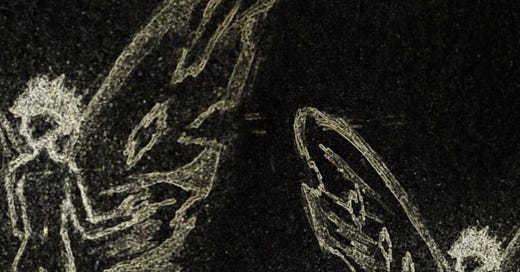




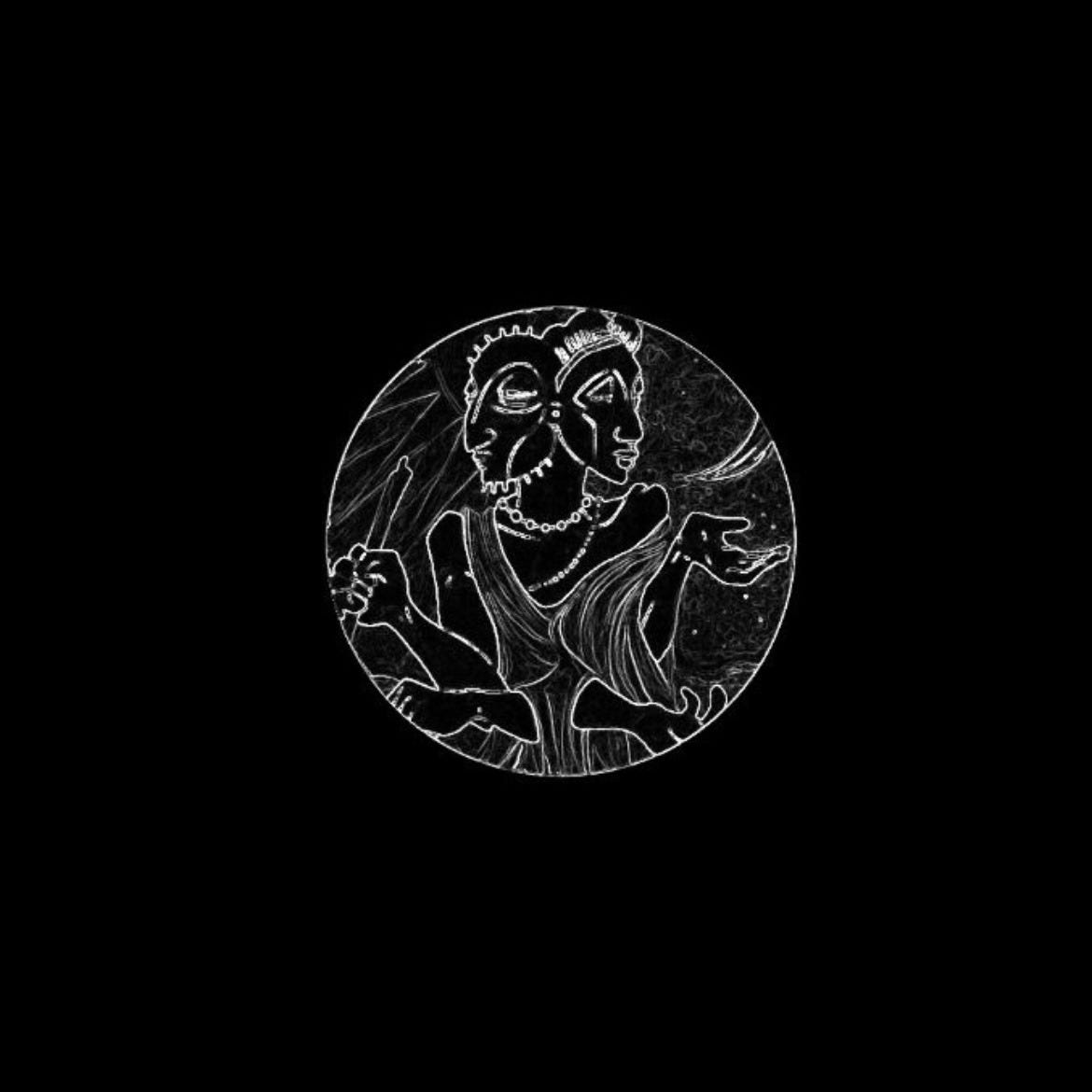
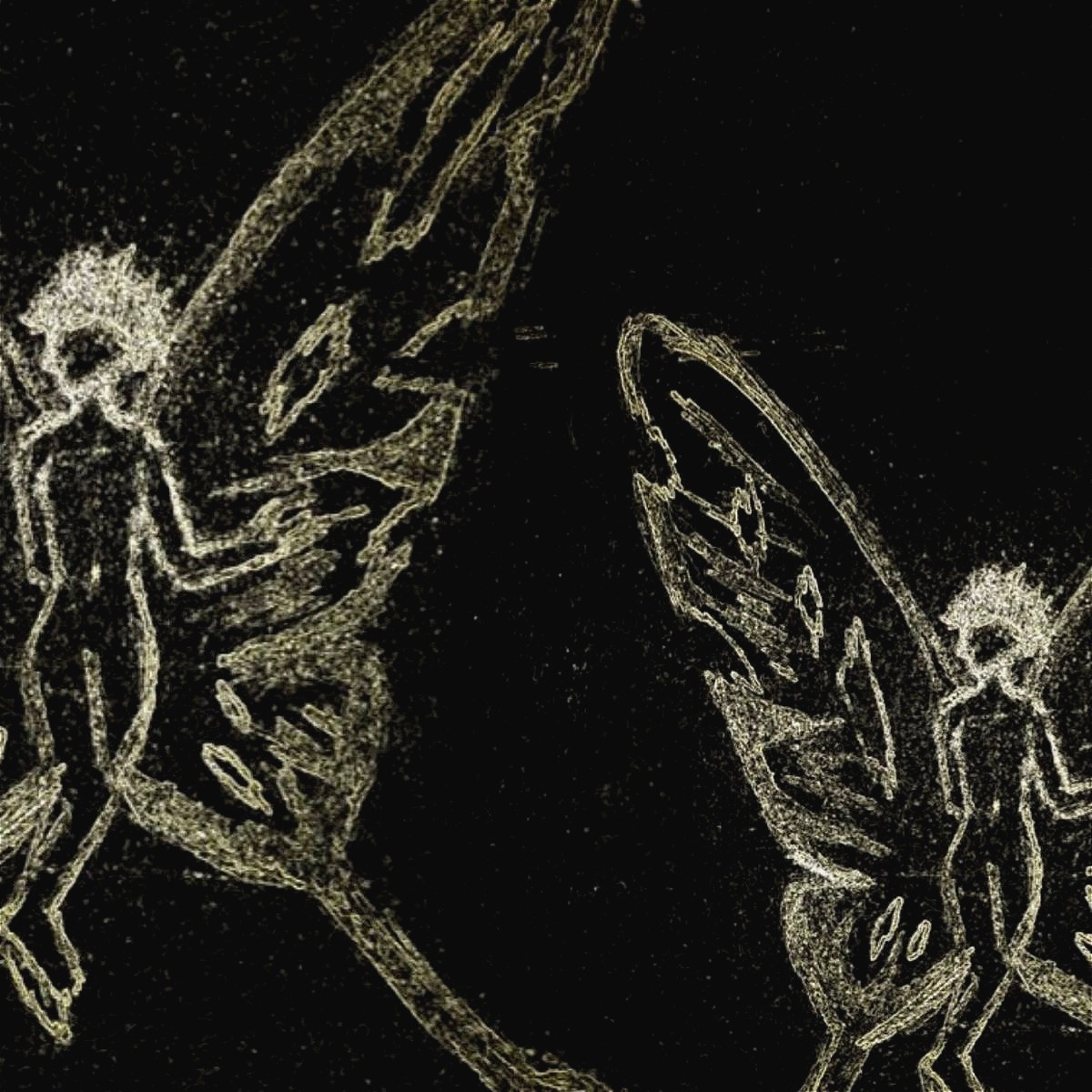
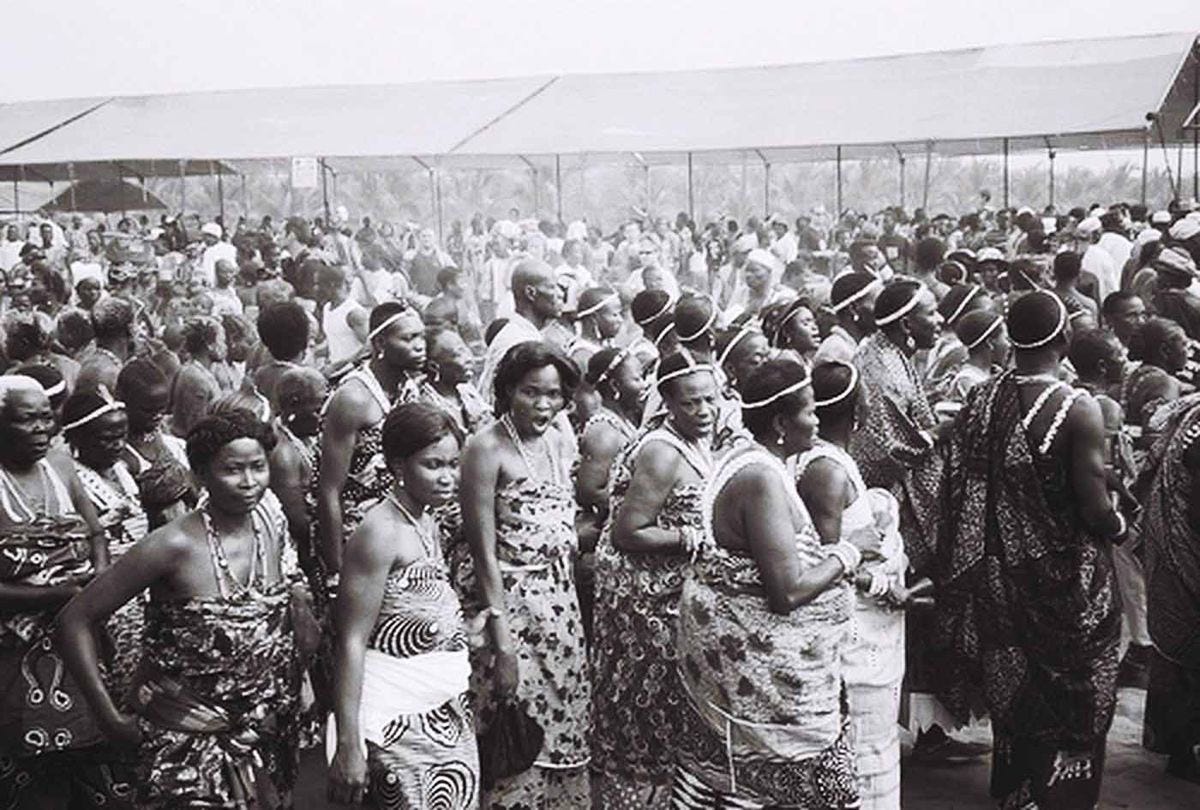
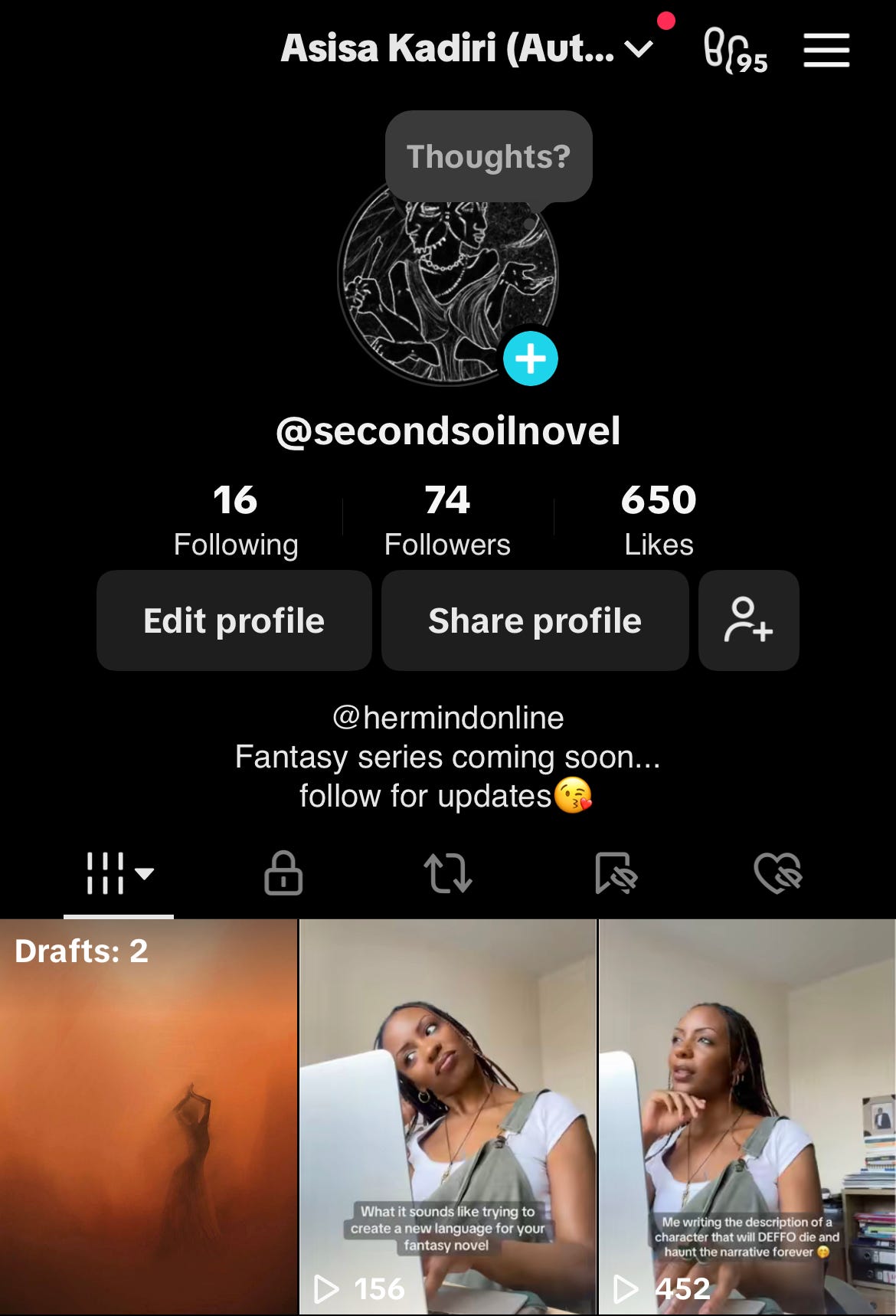
I've struggled with the scale of writing a novel quite a bit as well, which is why I started with short stories. A novel, especially the first one, will take quite some time. Writing a book is a grand undertaking that tests your resolve and your sanity.
That's why the intention and care you are taking with creating the world of your story is so important. It'll give you the grounding and guidance needed for the important story decisions you make for your book.
You got this!
My father is from Benin so I grew up learning about all of these stories, and I’m so excited to read this book!